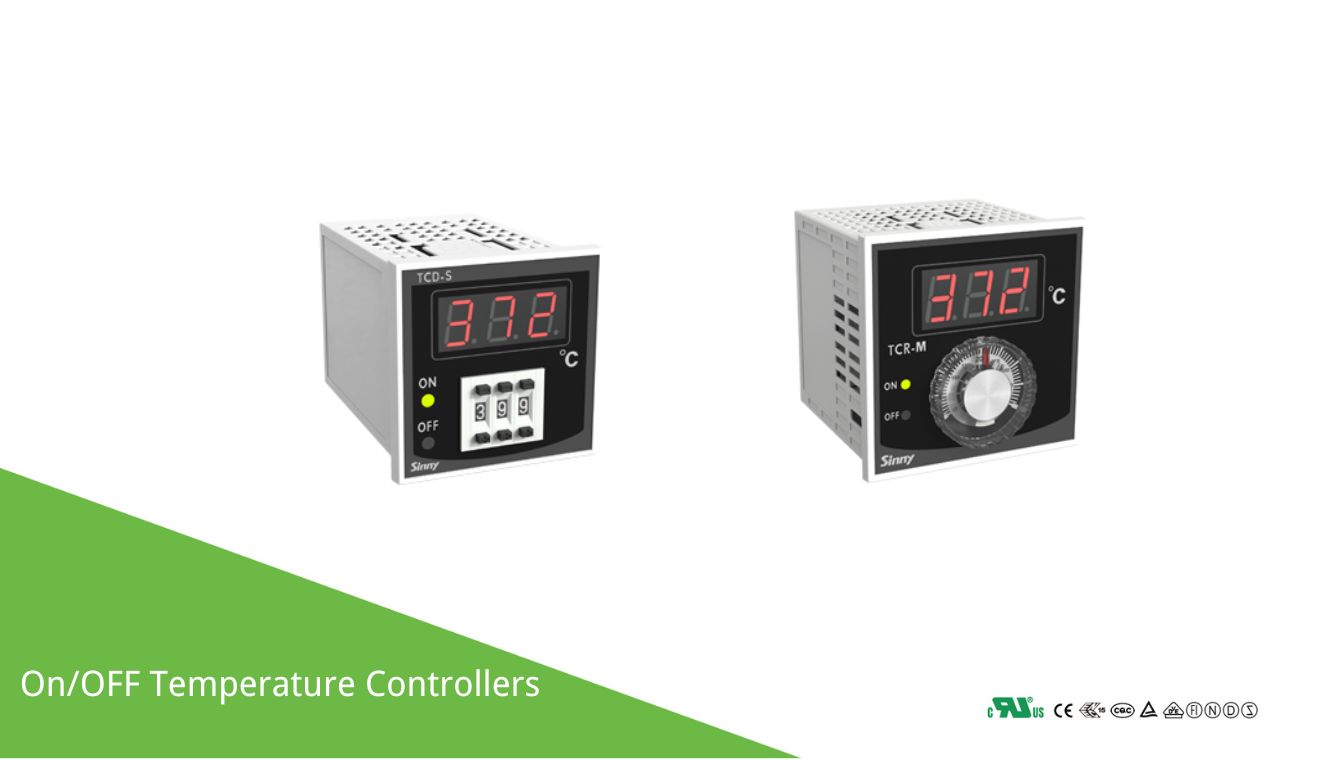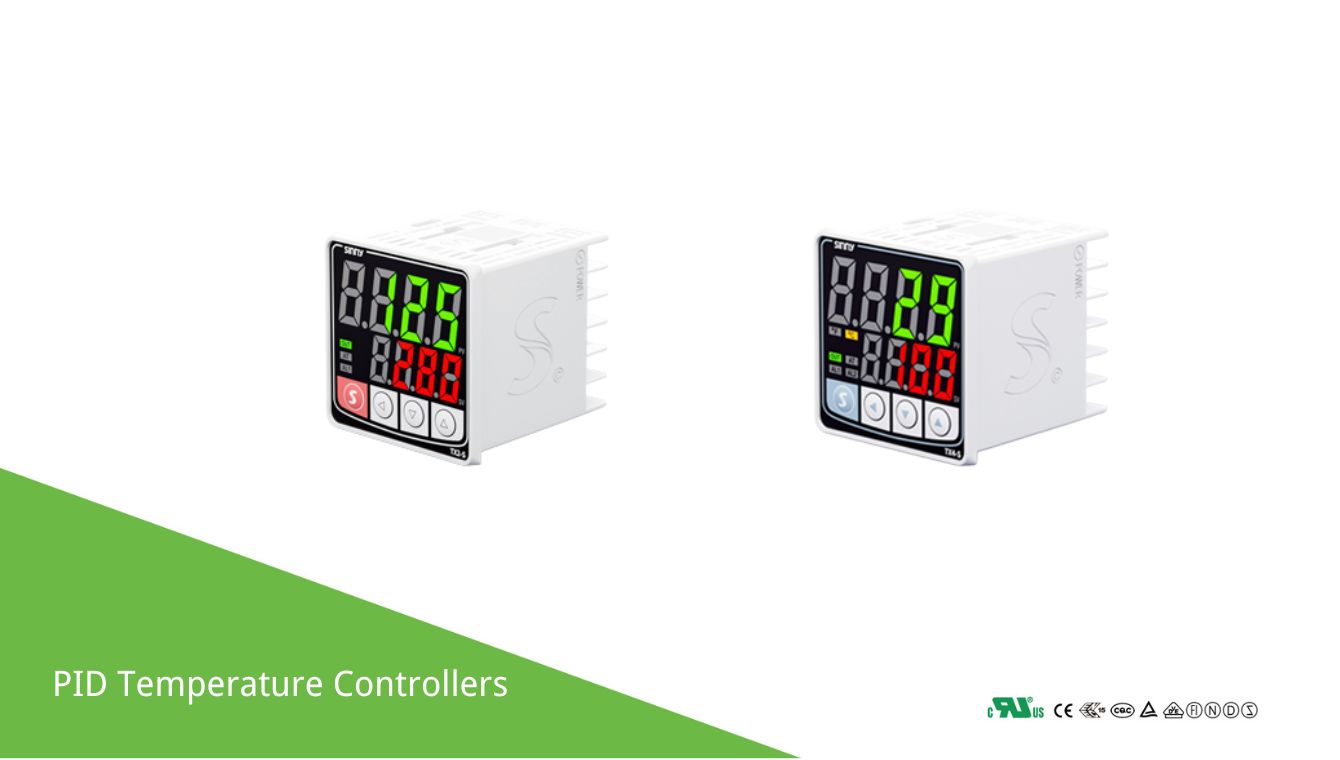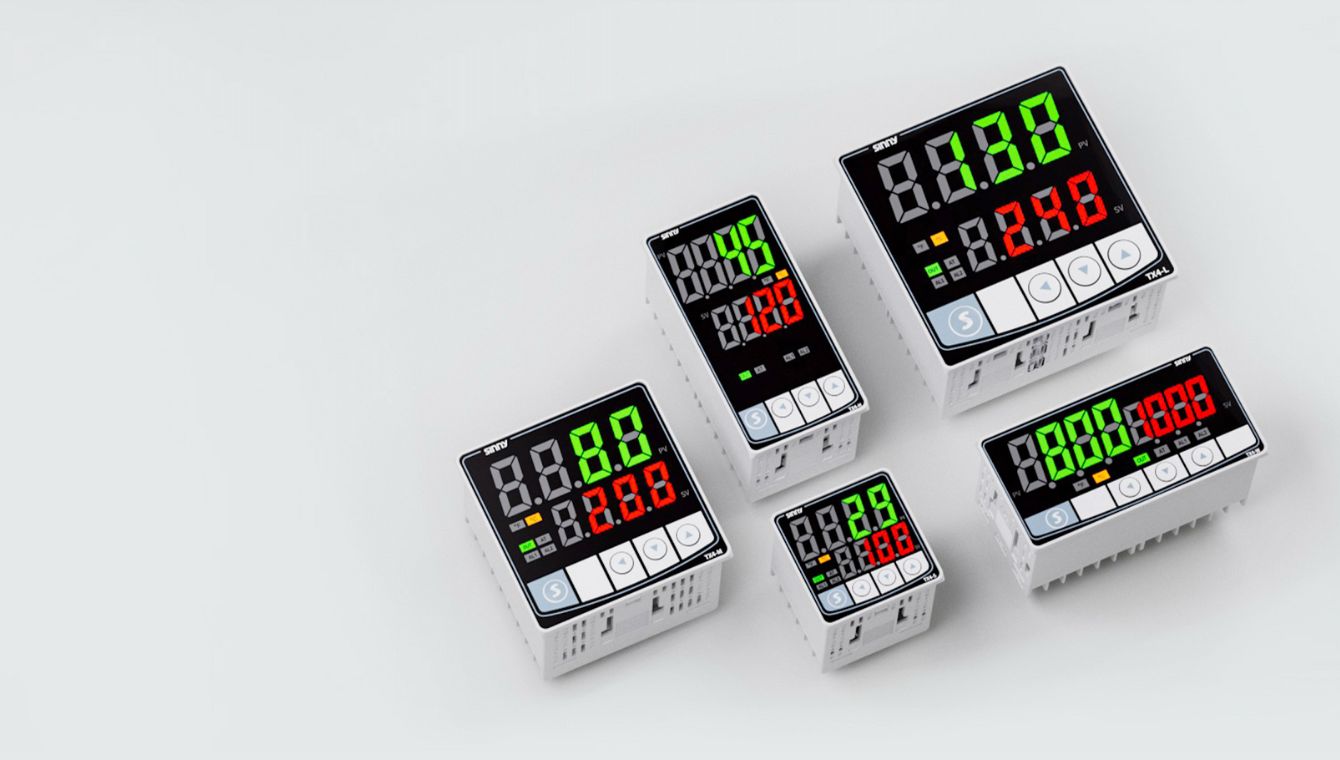A temperature controller is a device used to maintain and regulate a specific temperature within a system or process by monitoring the actual temperature via a sensor and adjusting heating or cooling outputs to reach a target setpoint. It acts like a sophisticated thermostat, providing precise temperature management and often including programmable features, alarms, and different control algorithms such as On/Off or PID (Proportional-Integral-Derivative) control.
Key types of temperature controllers include:
On/Off Temperature Controllers: Simple devices that switch heating or cooling fully on or off depending on the temperature relative to the setpoint. Suitable for less precise applications.

PID Temperature Controllers: More advanced controllers using proportional, integral, and derivative calculations to maintain stable and accurate temperature control with minimal overshoot and fast response times.

Common features across various models include digital displays, programmable setpoints, relay outputs to control external devices, alarms for temperature deviations, and compatibility with different temperature sensors like thermocouples or RTDs (Resistance Temperature Detectors).
Typical applications span industrial machinery, food service refrigeration, environmental chambers, home brewing, aquariums, HVAC, and semiconductor manufacturing.
Notable temperature controllers on the market include:
Ranco ETC-111000-000: Easy programming with 1-degree resolution, diagnostics, and tamper lockout.
Selec TC513CX-CE: Automatic/manual settings with LED display, volt range 90-270 V AC/DC.
Love Controls Series 1500: PID capable, microprocessor-based with programmable front panel controls.
INKBIRD controllers: Variety of On/Off and PID models, known for ease of use and adaptability for home and industrial uses.
Delta Electronics solutions: Modular and panel-mount controllers with high precision, multiple control algorithms, and communication protocols for industrial integration.
Fuji Electric PX Series: Offers fuzzy control for severe conditions, waterproof design, and fast response.
In summary, temperature controllers are essential for precise and automated temperature regulation across diverse fields, improving efficiency, safety, and product quality



